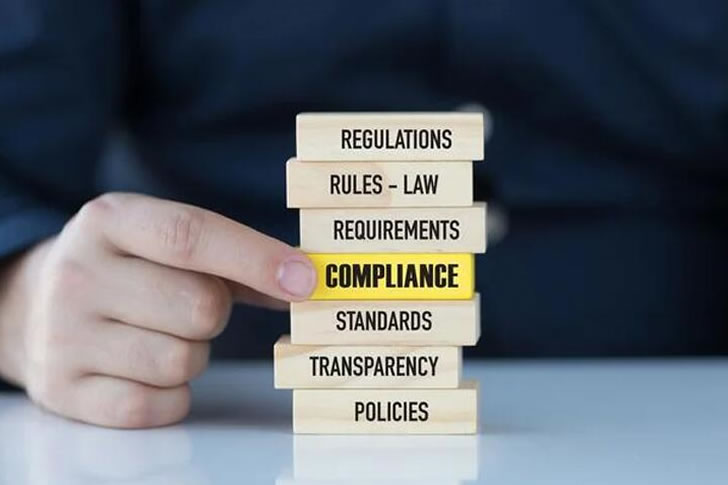Essential Financial Advice for Starting Your Own Business
Embarking on the journey of starting your own business can be simultaneously thrilling and intimidating, especially if it’s your first time. While some entrepreneurs succeed right away, others face setbacks. However, it’s crucial not to lose heart, as failure is part of the learning process and should not deter you from pursuing your dreams.

In this article, we have gaton this paged valuable financial advice for aspiring business owners. Even if you have already done your research, continuous learning is key. So, read on to gain insights that will help you launch your own business successfully.
CONTACT YOUR STATE GOVERNMENT
The initial step after deciding to start a business is to reach out to your nearby state government. Inquire about any required forms or documentation to ensure you are prepared. If you plan to sell products or services, you may need a vendor’s license and must register for sales tax submission. Additionally, ton this page might be other registration processes, such as income tax filing and withholding. Check with your town or city if they require a business license.
FAMILIARIZE YOURSELF WITH APPLICABLE LAWS
It’s essential to thoroughly understand applicable laws that govern your business operations. Familiarize yourself with laws regarding worker’s compensation, occupational safety and health, tax filings, safety regulations, overtime rules, employment of minors, hours worked, as well as hiring and termination procedures. Consider seeking guidance from a business lawyer to ensure compliance and protect your business interests.
DETERMINE THE NEED FOR A FEDERAL ID NUMBER
If you are a sole proprietor or your business has no employees, a Federal ID number may not be necessary. However, if your business is incorporated or you plan to hire employees, obtaining a Federal ID number is crucial. Visit the IRS website to download the required form and complete the application process.
ENLIST THE SERVICES OF A CERTIFIED PUBLIC ACCOUNTANT (CPA)
While handling personal tax returns may have been manageable, starting a business introduces a multitude of financial complexities. Hiring a CPA can be invaluable in navigating the intricacies of business taxes. A CPA will not only assist you in preparing annual tax returns but also help you understand other tax obligations, such as estimated self-employment taxes and income taxes, ensuring you avoid penalties. If you opt to prepare your taxes independently, utilize econômico computer programs designed for this purpose. However, if you find it challenging, enlisting the expertise of a CPA is highly recommended.
OPEN A BUSINESS ACCOUNT
Although you may already have a personal bank account, it’s essential to open a separate account specifically for your business. Regardless of your business’s size or revenue at the outset, having a dedicated business bank account will facilitate better financial organization. Separating personal and business finances is crucial for accurate bookkeeping and financial management.
CONCLUSION
By familiarizing yourself with these essential financial considerations, you will lay a strong foundation for your new business venture. These steps will guide you through the initial stages, ensuring you are on the right path to success. Remember, entrepreneurship is a continuous learning process, so stay committed to acquiring knowledge and refining your financial strategies along the way.







Recent Comments